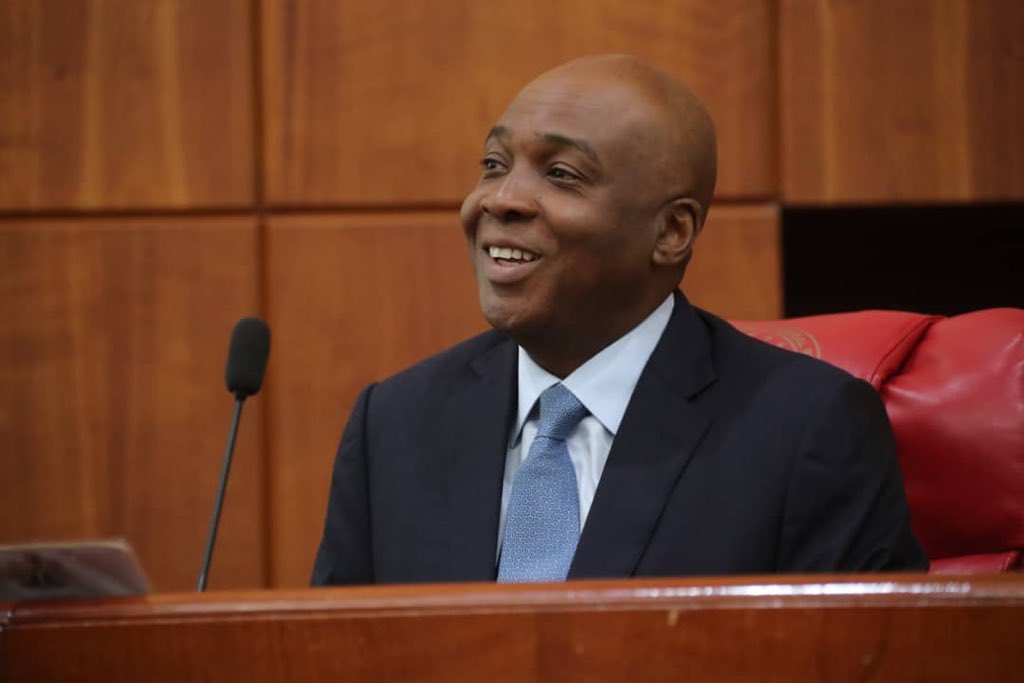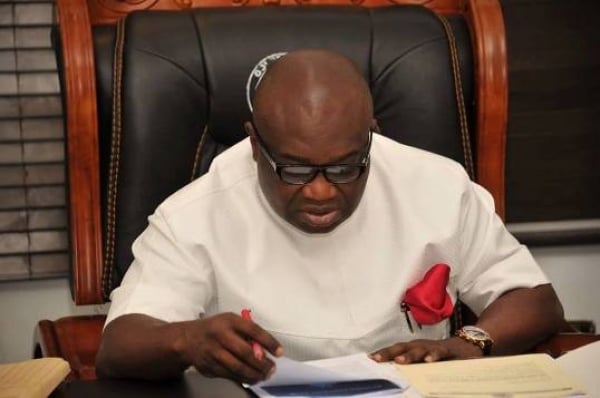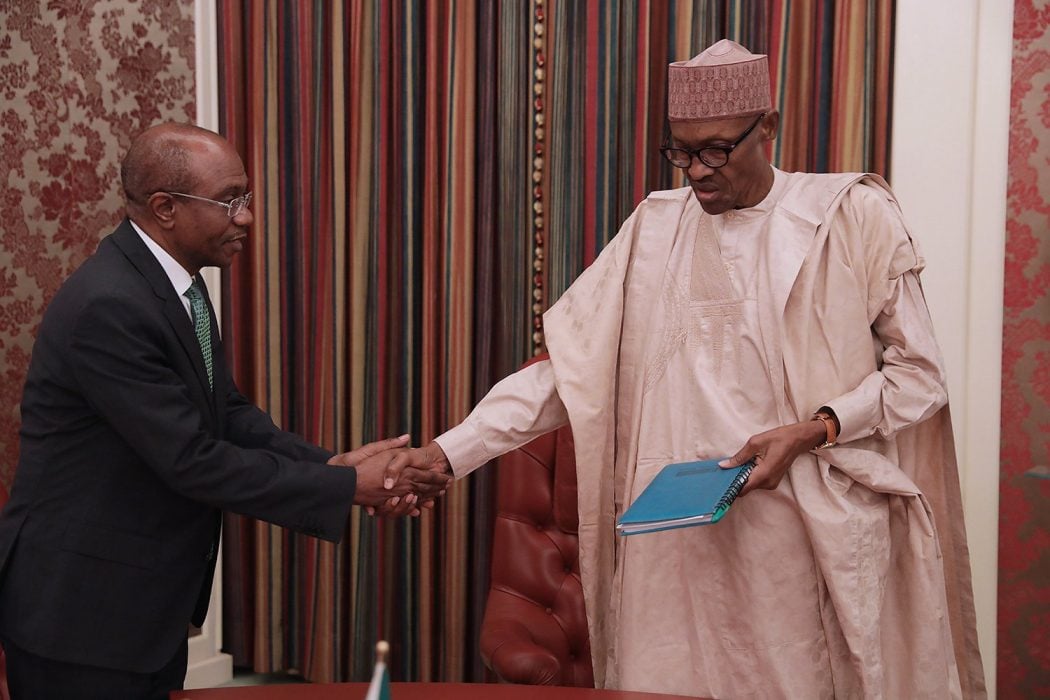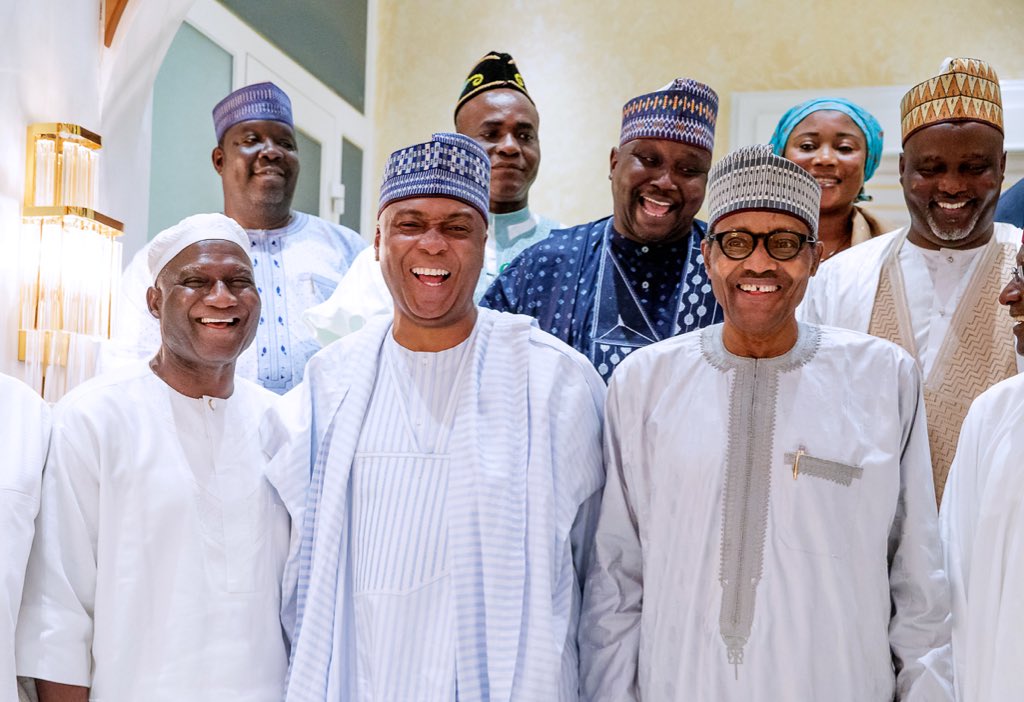A federal high court in Abuja has restrained the Economic and Financial Crimes Commission (EFCC), Department of State Services (DSS) and other agencies involved in the probe of Senate President Bukola Saraki over allegations of money laundering.
The EFCC had said it would probe Saraki’s earnings between 2003 and 2011 when he was governor of Kwara state.
The commission reportedly seized some of his houses in the Ikoyi area of Lagos.
However, on Friday Saraki filed two separate fundamental rights enforcement suits before the court to challenge the the action of the EFCC.
Advertisement
Taiwo Taiwo, the presiding judge, ruled on an ex parte application filed along with the substantive suit and ordered the anti-corruption body and the other five respondents to the suit to stay action on the probe pending the hearing and determination of the motion on notice filed by the applicant.
The order was made after Sunday Onubi, Saraki’s lawyer, moved the application, on Tuesday.
Aside the EFCC, other respondents affected by the restraining order are Abubakar Malami, attorney general of the federation; DSS; Muhammed Adamu, inspector-general of police; Independent Corrupt Practices and other related offences Commission (ICPC); and Code of Conduct Tribunal (CCT).
Advertisement
The court directed the parties to the suit to maintain the status quo by suspending the probe.
“By the provision of Order 4(3) of the Fundamental Rights Civil Procedure Rules, 2009, the court may, if satisfied that the applicant may be caused hardship before the service of an application where liberty or life of the applicant is involved hear the application ex parte upon such interim reliefs as the justice of the application may demand,” he held.
“There is no doubt that in making the interim reliefs or orders, the court is guided even in its exercise of its discretion judicially and judiciously applied by the law and statues.
“I am of the view, after due consideration of the aforesaid, that this court ought to make the order being sought by the applicant pending the hearing and determination of the originating motion on notice.”
Advertisement
Add a comment






